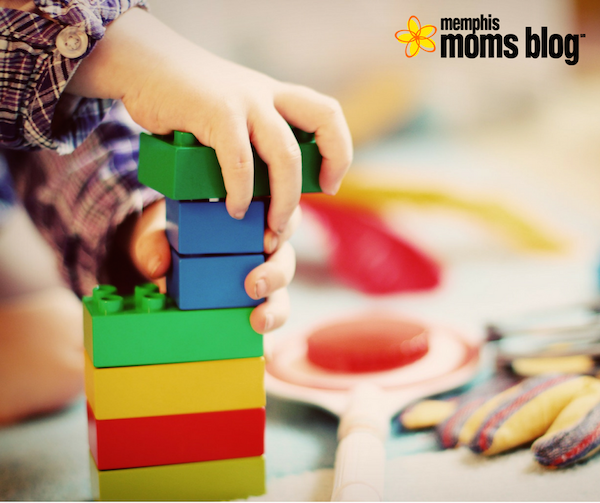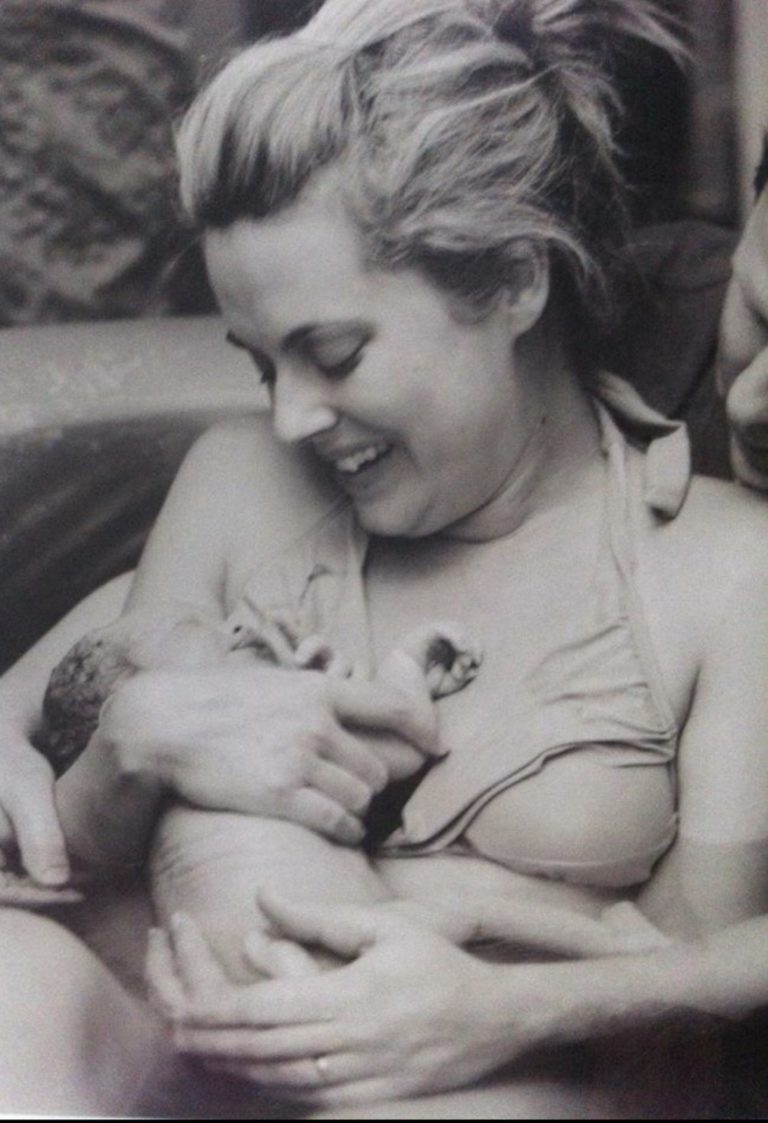Readiness Doesn’t Equal Reading
In order to succeed in life, your baby better come out of the womb knowing his colors, shapes and letters. By the time she is two, your child should be reading, writing, and reciting poetry. Your three year-old can’t solve equations and tell time to the minute? What a shame.
In today’s society we are forcing our little ones to know, do, and remember more than ever… and it’s not just in school. There are hundreds of “educational toddler” apps for parents to download and purchase. There are TV channels geared toward developing babies’ brains. LeapFrog, an educational toy company, has over 100 products geared for children ages 3 and under.
Are we losing sight of childhood? Are we spending too much time “learning” and not enough time playing?

After asking three early childhood teachers about the students they are teaching, they all had a resounding answer… YES! These three teachers gave five specific recommendations for parents with children entering kindergarten this fall. And they are not what you would expect.
- Read Everyday
- Children can comprehend complex and interesting text listening to you read aloud. Choose a chapter book or a non-fiction book of interest to read together. Your child will learn how to read with inflection and purpose which will help him become a better reader when he is ready for that step.
- Play Outside
- Children are coming into school with weak core and gross motor skills. They spend too much time watching TV or playing with electronics. Get those muscles moving, climbing, jumping and running. Weak core muscles lead to big problems down the road.
- Fine Motor Fun
- Fine Motor Skills are necessary for numerous school and personal tasks. From cutting and handwriting to gluing, typing, and buttoning, strengthening your child’s fine motor skills is key. Those little muscles in the fingers, hand, and wrist will lead to proper pencil grip and success when handwriting is introduced.
- Self-Help Skills
- Cleaning-up after play, washing hands, using the bathroom independently, putting on a jacket, getting dressed, and opening up food containers independently are high on these teachers’ lists of important skills. Stop doing everything for your child, and let him take responsibility. Assign small chores for your child around the house. Showing your child how to be responsible for her belongings goes a long way, and will lay a foundation to be self-sufficient and confident.
- Sharing is Caring
- Working with others, waiting your turn, listening to a different opinion, or not getting your way is hard for children. Leading by example at home is vital. Students that know how to work on a team and welcome other thoughts thrive in school. They become the leaders in the classroom.
Many children will enter kindergarten reading. Not at all will, and that’s ok. While we all know learning to read is important and necessary, reading before kindergarten doesn’t equal readiness.
What teachers value is a child who can play with others, be kind, hang up a backpack, pick up a pencil with a correct grip, stand up straight without slumping, listen, respect authority, have a rich vocabulary, and loves school. Reading will come. Teachers can teach phonics, letter recognition, comprehension, and handwriting. However, teachers are relying on us as parents to teach the most important skills that will carry our children not only through kindergarten, but life.








